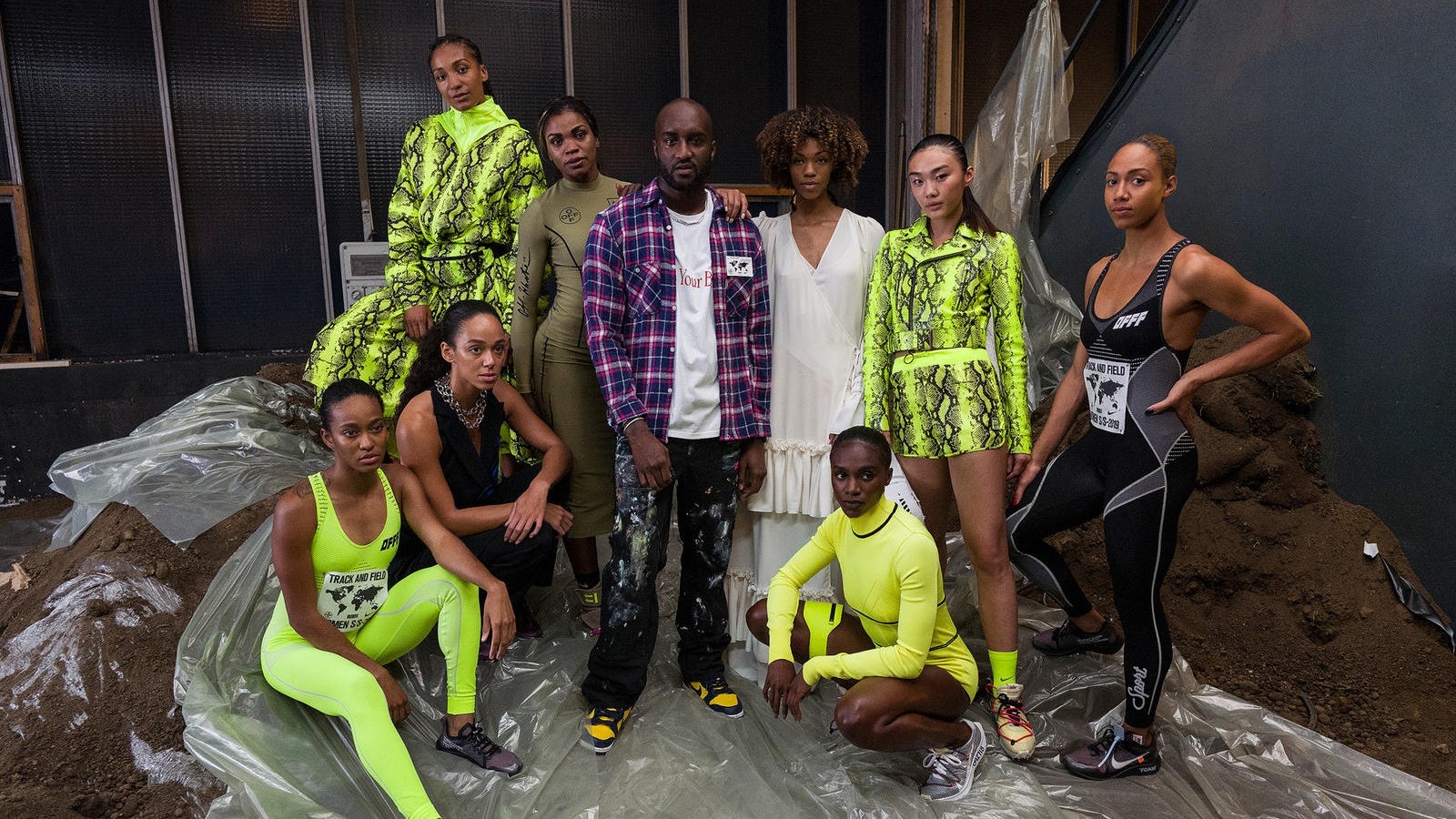Key Takeaways:#
- Luxury brands have adapted their styles, communication, stores to connect with a savvy, demanding but also playful youth and have started to reap the benefits of their exposure to a new generation.
- Virgil Abloh, the recently departed “king of cool,” also known as the “Karl Lagerfeld for millennials,” had been a trailblazer in bringing young consumers to Louis Vuitton — and many other luxury brands.
- American culture is finally having some influence over European brands’ destinies as they get to grips with inclusivity, diversity and a more chill attitude.
As I explain in my book Future Luxe, I am very optimistic about the next ten years of growth of the luxury sector —not just the post-COVID era for which we already have proof of a post pandemic (well, hopefully soon to be post- pandemic, our patience is being tested) boom — but well beyond as Chinese consumers, female-driven spending and youth dramatically move the needle. Not so long ago, some investors or journalists were dreading the luxury sector would disappear into oblivion as the next generation — Gen Y or “millennials” then, Gen Z now, Alpha next — would somehow lose all interest in luxury brands and turn to more thoughtful areas to spend on, notably experiences.
It’s not so much that experiences are tough to come about these days, as depending on where you live restaurants are either impossible to book or shut down. It’s more that the young generation, the so-called “selfie generation,” is not ignorant of luxury brands. On the contrary, it is obsessed with them. In New York, Paris, or Shanghai, it’s likely hard to find many 15- to 25-year-olds who have never heard about Balenciaga, Gucci, Dior, Cartier, or Louis Vuitton. When I was a teenager, most consumers of my generation will have unlikely heard of many of these or if they had, the first word they would have used to describe them was certainly not “cool.” Of course, if you spend several hours a day on a smartphone checking out Snap, TikTok, Instagram or just playing games, it’s likely you will come across messages from these brands. But more importantly, you will connect with them as their products, their messaging, their vibe will resonate with your values, your generation, and your sense of what’s hip.
The passing of Virgil Abloh last Sunday was a shock to many given how young he was but also how he encompassed and embraced the values of youth: diversity, open-mindedness, playfulness, being chill and not imposing artificial boundaries between different aspects of your life. Abloh himself was trained as an architect, became a DJ, mixed many inspirations in art, sports, furniture and fashion. But more importantly, as the whip-smart Vanessa Friedman pointed out in her article from the New York Times, quoting Abloh’s wife: “Everything I do is for the 17-year-old version of myself.” Friedman had described Abloh as “the Karl Lagerfeld for millennials,” a multifaceted creator with a similar Midas touch to the German maestro.
Louis Vuitton, the man, was born 200 years ago. Virgil Abloh, LV’s designer for menswear (amongst so many other ventures) was designing with a teenager in mind. Watch his inspiring Harvard Graduate School of Design speech or the very touching tribute from Louis Vuitton this week (“Virgil was here”) and you get a sense that the risk of many luxury brands may have been to go narrow and arrogant in ivory towers, but the opportunity created by Virgil Abloh and those who saw the potential in him and other managers or designers who think the same way, was to make luxury incredibly relevant for the current and the next generation.
Visiting the Metropolitan Museum to see “In America: A Lexicon of Fashion” earlier this week, I came across the following introduction to the exhibit: “American fashion has traditionally been described through the language of sportwear and ready-to-wear, emphasizing principles of simplicity, practicality, functionality, and egalitarianism. Generally denied the emotional rhetoric applied to European fashion, its vernacular tends to sit in direct opposition to that of the haute couture.” Virgil Abloh and designers of his generation have managed to help bridge the gap between an aristocratic European background and the more laid-back, inclusive and diverse American society and culture, thereby connecting to the values of the key demographic for luxury’s destiny — the next generation.
I was asked this week how easy it would be to replace Abloh. If the question was “can Louis Vuitton find a suitable men’s designer,” the answer is “of course.” But his drive enabled the luxury industry at large to become more open and become, as it should, a mirror of society. It is luxury’s mission indeed to capture the cultural zeitgeist and he was brilliant at doing exactly that. For that, Abloh will be difficult to replace but hopefully an inspiration for many. In memory of Virgil Abloh.
This is an op-ed article and reflects the views of the author and does not necessarily represent the views of Jing Daily.
Erwan Rambourg has been a top-ranked analyst covering the luxury and sporting goods sectors. After eight years as a Marketing Manager in the luxury industry, notably for LVMH and Richemont, he is now a Managing Director and Global Head of Consumer & Retail equity research. He is also the author of Future Luxe: What’s Ahead for the Business of Luxury (2020) and The Bling Dynasty: Why the Reign of Chinese Luxury Shoppers Has Only Just Begun (2014).

